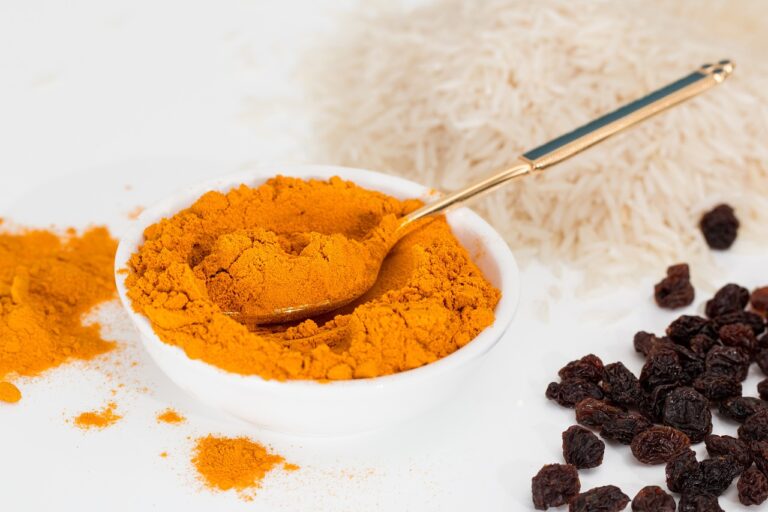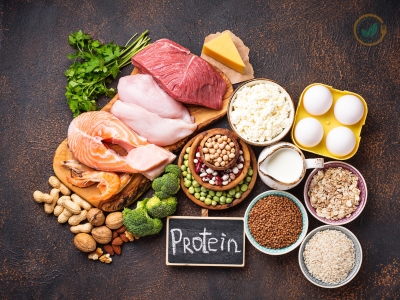One of Canada's most prevalent forms of liver disease is non-alcoholic fatty liver disease (NAFLD). It is a disorder where extra fat is deposited in the liver and, if untreated, can result in cirrhosis and liver failure. Unlike an alcohol-related liver disease, NAFLD is not brought on by heavy alcohol consumption. It is more prevalent in patients with certain diseases including obesity and type 2 diabetes.
SMART Health Journey
In general, the diet for fatty liver disease includes:
- fruits and vegetables
- high-fiber plants like legumes and whole grains
- significantly reducing intake of certain foods and beverages including those high in added sugar, salt, refined carbohydrates, and saturated fat
- no alcohol
Bulks
Here are a few foods to include in your healthy liver diet:
1. Fish to reduce inflammation and fat levels
Omega-3 fatty acids are abundant in fatty fish, including trout, sardines, tuna, and salmon. According to research, taking an omega-3 supplement may help people with fatty liver disease by decreasing liver fat, increasing beneficial HDL cholesterol, and reducing triglyceride levels.
2. Nuts to help reduce inflammation
Nut intake is linked to decreased oxidative stress, insulin resistance, and inflammation as well as a lower incidence of fatty liver disease.
Increased nut consumption was found to be strongly associated with a lower incidence of fatty liver disease in a major study from China. Additionally, eating walnuts has been reported to improve liver function tests in persons with fatty liver disease.

3. Turmeric to reduce markers of liver damage
High doses of curcumin — the active ingredient in turmeric — might reduce markers of liver damage in people with fatty liver disease.
According to studies on turmeric supplementation, two enzymes that are unusually high in persons with fatty liver disease, alanine aminotransferase (ALT) and aspartate aminotransferase (AST), may be reduced by the bright orange root.
4. Greens to prevent fat buildup
Spinach and other leafy greens include substances that may help fight fatty liver disease.
According to a 2021 study, eating spinach especially reduced the risk of NAFLD. This finding may be related to the nitrate and distinct polyphenols found in the leafy green.

5. Coffee to help lower abnormal liver enzymes
The daily cup of coffee you drink might help protect your liver from fatty liver disease.
Regular coffee drinking is linked to a lower chance of acquiring fatty liver disease as well as a lower risk of liver fibrosis progression in people who have already been diagnosed with fatty liver disease, according to a review published in 2021.
In patients at risk for liver problems, caffeine also seems to reduce the number of abnormal liver enzymes.
6. Garlic to improve overall health
In addition to giving food flavor, studies also suggest that garlic powder supplements may help fatty liver disease patients lose weight and body fat.
Summary
If you have fatty liver disease or are at risk for developing this condition, certain lifestyle and dietary changes can help improve the health of your liver and reduce the risk of fatty liver disease.
If you have fatty liver disease or are worried you may be at risk, work with a trusted healthcare professional to come up with a treatment plan that includes dietary changes as well as lifestyle modifications like increasing physical activity, improving sleep, and reducing stress.











